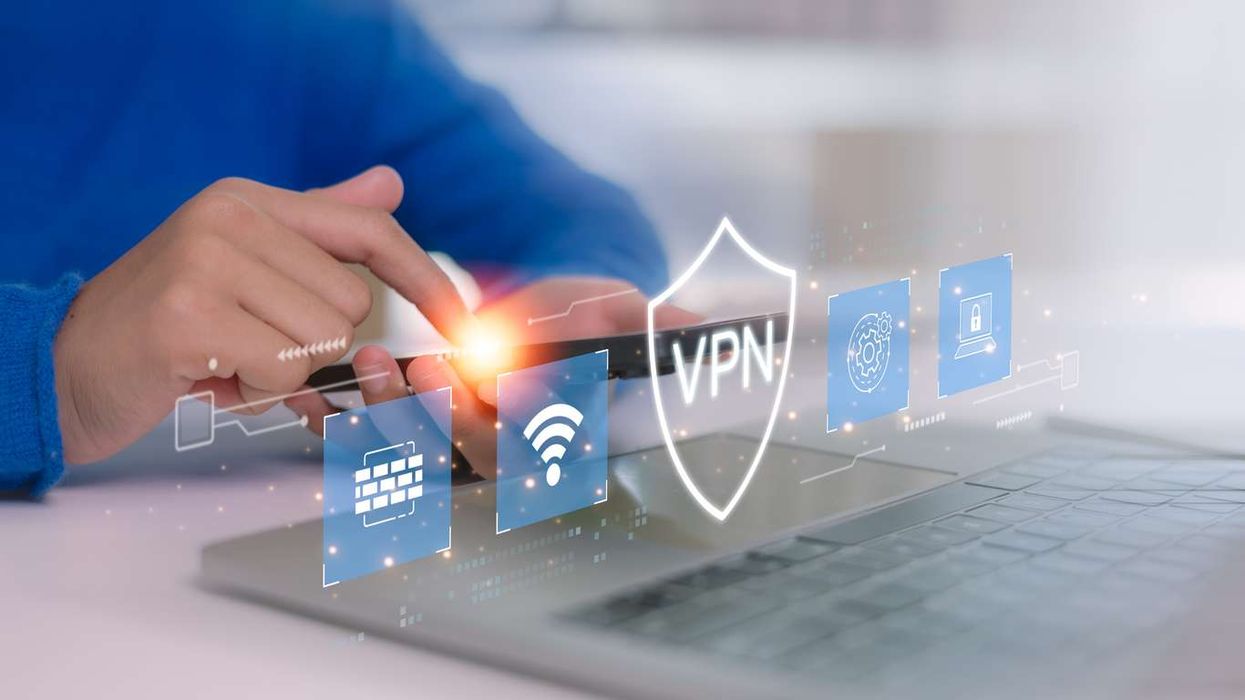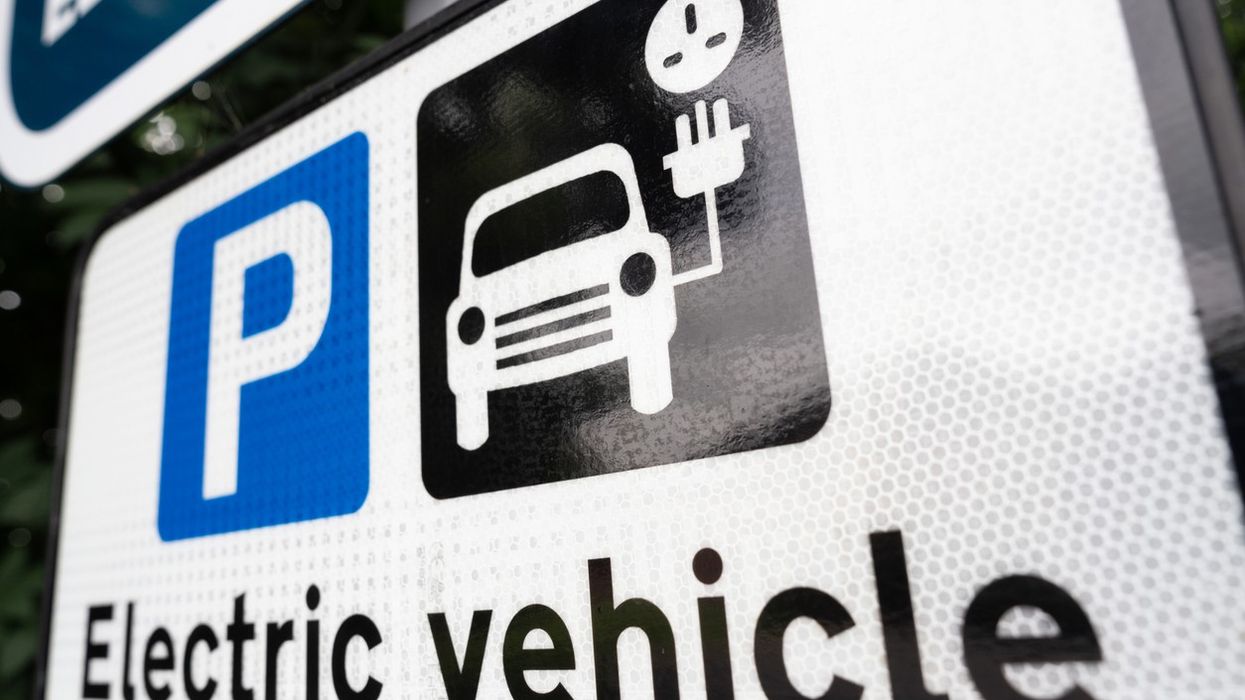Highlights:
- Malicious VPN apps disguised as legitimate services are spreading across platforms
- Users risk exposing passwords, financial data, and private messages
- Google urges downloads only from verified sources on official app stores
Google has issued a new warning to billions of smartphone users, cautioning against the growing number of fake VPN (Virtual Private Network) apps that could compromise security and privacy.
Laurie Richardson, Google’s vice president of trust and safety, said malicious actors are distributing apps that appear to be genuine VPN services but are designed to infect devices with malware. The company’s latest advisory follows a surge in VPN usage linked to new online safety laws in the UK and US, which have restricted access to adult content without age verification.
Fake VPNs hiding malware
According to Google, attackers are exploiting this rise in VPN demand by releasing counterfeit apps that trick users through sexually suggestive ads and social engineering tactics. Once installed, these apps may deliver password-stealing malware and remote access tools capable of extracting browsing history, private messages, cryptocurrency data, and financial credentials.
The company warned that while such VPNs might appear to function normally, they often piggyback on legitimate free VPN platforms and offer slow, unreliable connections. In return, users unknowingly grant hackers access to sensitive personal information.
VPNs are not foolproof
Richardson also cautioned that consumer VPNs should not be viewed as complete privacy or security solutions. Despite claims of anonymity, VPNs cannot fully conceal a user’s online footprint due to techniques like browser fingerprinting.
Cybersecurity experts note that VPNs can be useful for bypassing regional restrictions but offer limited protection for everyday browsing. Google reiterated that users in public Wi-Fi spaces, such as cafés or airports, are rarely at risk from the “mythical Wi-Fi hacker” and that VPNs do not replace a robust, multi-layered security setup.
Google’s safety advice
Google advised users to download VPN apps only from official sources such as the Google Play Store and to look for verified VPN badges. It also urged caution with free VPN services and warned against installing apps that request unnecessary permissions, such as access to contacts or private messages.
The company’s alert is part of a broader campaign to raise awareness about digital safety, following earlier warnings about high-severity Chrome vulnerabilities and new malware threats targeting Gmail, Google Messages, and the Play Store.





